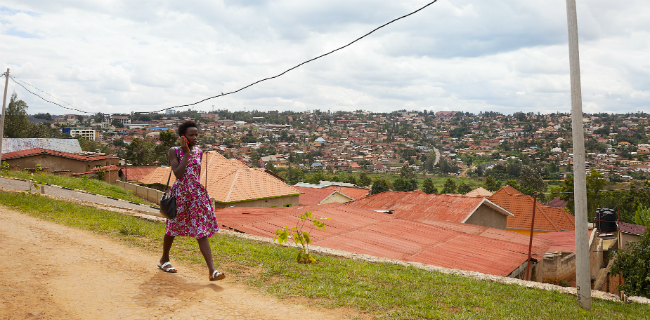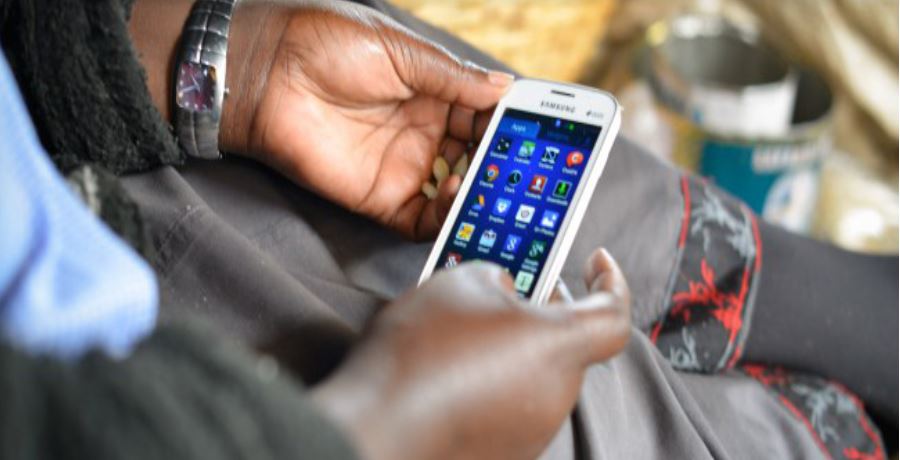Mobile calling rates are three times higher in developing countries than in developed countries.

Calling rates in developing countries are three times higher than in developed countries. According to the latest edition of the GSMA’s Mobile Economy report series, published at the GSMA ‘Mobile 360 – Africa’ event held in Kigali this week, this high spectrum pricing is the major roadblock to increasing mobile penetration in developing countries.
The study authored by GSMA Intelligence also found that governments are playing an active role in increasing prices in order to maximize state revenues from spectrum licensing. Countries with high levels of sovereign debt have some of the highest spectrum prices.
The report also identifies a link between high spectrum prices and poorer coverage, as well as more expensive and lower quality mobile broadband services, all of which hinder the take-up of services by consumers.
“Connecting everyone becomes impossible without better policy decisions on spectrum, “For far too long, the success of spectrum auctions has been judged on how much revenue can be raised rather than the economic and social benefits of connecting people,” said Brett Tarnutzer, Head of Spectrum, GSMA.
The GSMA study assessed over 1,000 spectrum assignments across 102 countries (including 60 developing and 42 developed countries) from 2010 through 2017. Some of the countries included in the analysis are Algeria, Bangladesh, Brazil, Colombia, Egypt, Ghana, India, Jordan, Mexico, Myanmar and Thailand.
Limiting the amount of licensed spectrum available, not sharing a clear spectrum roadmap, and setting poor auction rules are some of the policy decisions highlighted in the report that are driving high spectrum prices in developing countries.
In another survey conducted GSMA intelligence in 163 countries, 3.3 billion people (or 44 percent of the global population) were connected to the mobile internet by the end of 2017, representing an increase of almost 300 million compared to the previous year. This leaves about 4 billion not connected and out of this 3.9 billion people live in developing countries.
In low-income countries, the report says around two-thirds of rural populations are still not covered by 3G networks.



